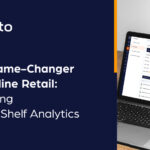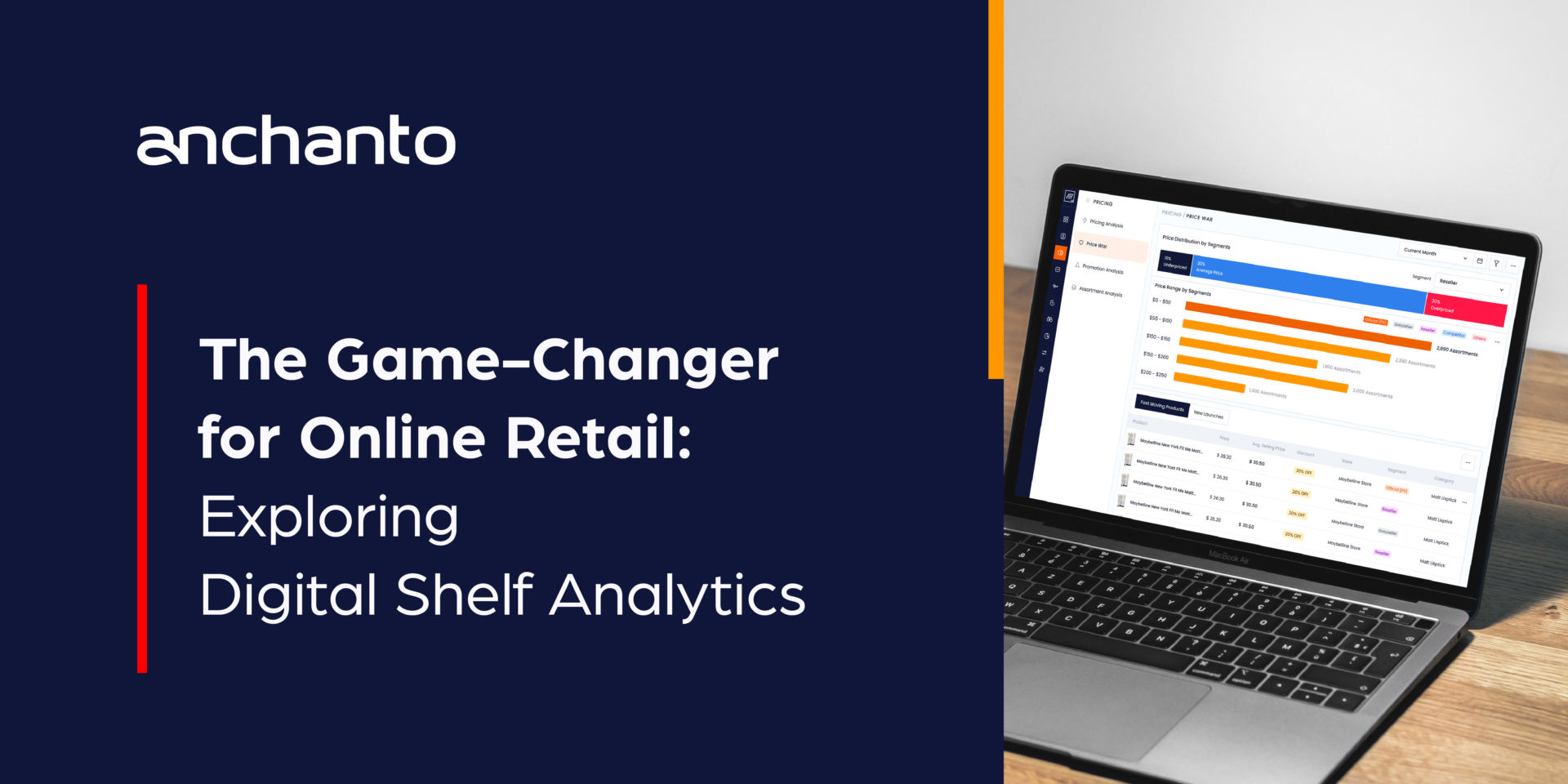Managing and growing a SaaS business can be challenging, especially when making decisions. You need to leverage available data and predictive analytics to make informed decisions. However, it’s not limited to collecting data only. You have to organize, test, and analyze the available information as well. This is where a SaaS dashboard can help you.
It serves as a centralized data hub that allows all teams to access relevant data. When creating a SaaS dashboard, you need to make it customizable to accommodate the requirements of all teams. In this post, we will discuss the available options and challenges associated with customization.
SaaS Dashboard Customization Options
SaaS dashboard customization can vary based on the level of personalization a company needs. Here are the main options available:
UI/UX Personalization: You can adjust the layout, color schemes, and data displays to create a unique user interface (UI). Moreover, you can also customize the user experience. It allows teams to set up workflows and navigation that best suit their needs.
Data Integration: A major aspect of a custom SaaS dashboard is connecting external data sources. This integration enables you to view all relevant information in a unified space. It will lead to streamlined data-driven decision-making.
Role-Based Access: You can control who has access to what type of data. You can define permissions, ensuring each user only sees data relevant to their responsibilities. It will improve both security and efficiency.
Customizable Widgets: A SaaS dashboard allows you to create custom widgets that display data in a preferred format. This capability leads you to track the KPIs that matter most to them.
Challenges in SaaS Dashboard Customization
While SaaS dashboard customization offers flexibility and personalized insights, it also involves various challenges. Let’s explore these challenges without further ado.
Complexity
Customization often results in a steeper learning curve because employees may need additional training to adapt to the personalized setup. Without a dedicated IT team, it can be challenging for you to navigate customization features, especially when you own a large-scale SaaS company. Avoiding excessive customization and investing in employee training can help a lot regarding this.
Integration Issues
Connecting various data sources is often complicated, especially if API has limitations or external systems use different data formats. For seamless integration, you may require additional coding or the help of a developer.
Cost Implications
Customization may not be a cost-effective option, particularly for small businesses. You often have to pay additional fees for advanced customization options or specific integrations. It will make it essential for you to pay special attention to the return on investment on each feature.
Security Concerns
Some customizations may increase the risk of data breaches. It often happens when permissions and security protocols are not configured accurately. Without stringent cybersecurity measures, sensitive data shared across various platforms can be vulnerable. Paying special attention to security features and controlling access can help you deal with this challenge.
Performance and Speed Issues
Custom widgets and data-heavy integrations can sometimes impact the speed and performance of the dashboard. It often happens on platforms not optimized for large datasets or complex visualizations. You need to maintain a balance between customization and system performance to navigate this challenge.
Vendor Limitations
Not all vendors offer the same level of customization. Some may have restrictions on integrating certain data sources. Similarly, some limit the number of customizable fields. These restrictions can limit your company’s ability to create a fully personalized dashboard. To do so, you have to pay more for additional plugins or third-party tools.
Benefits of SaaS Dashboard Customization
Despite all the challenges, a custom SaaS dashboard offers some unrivaled benefits, such as:
Enhanced Data Relevance
A custom dashboard enables you to display only the data that matters most to your teams. You can remove irrelevant metrics to reduce data clutter. It will result in better decision-making as users can prefer data based on their specific roles in the company.
Improved Productivity
A well-structured and personalized dashboard can streamline workflows. It allows employees to access information faster and complete tasks more efficiently. Moreover, it can also help teams minimize the time spent on finding relevant information.
Better Alignment with Business Goals
Customization ensures that the SaaS dashboard reflects your company’s specific KPIs and objectives. It aligns daily operations with strategic goals. For instance, a sales-focused dashboard will display real-time sales figures and conversion rates. It helps you evaluate your sales team’s performance.
Scalability
As a business grows, its data and analytical needs will evolve. Custom dashboards can be adapted over time to accommodate new metrics and data sources. It ensures that the system remains relevant and useful as the company scales.
Customizing your SaaS dashboard requires a lot of time and effort. However, it’s worth opting for it as it offers various benefits. If you want to promote informed decision making in your firm, consider investing in a custom SaaS dashboard.










